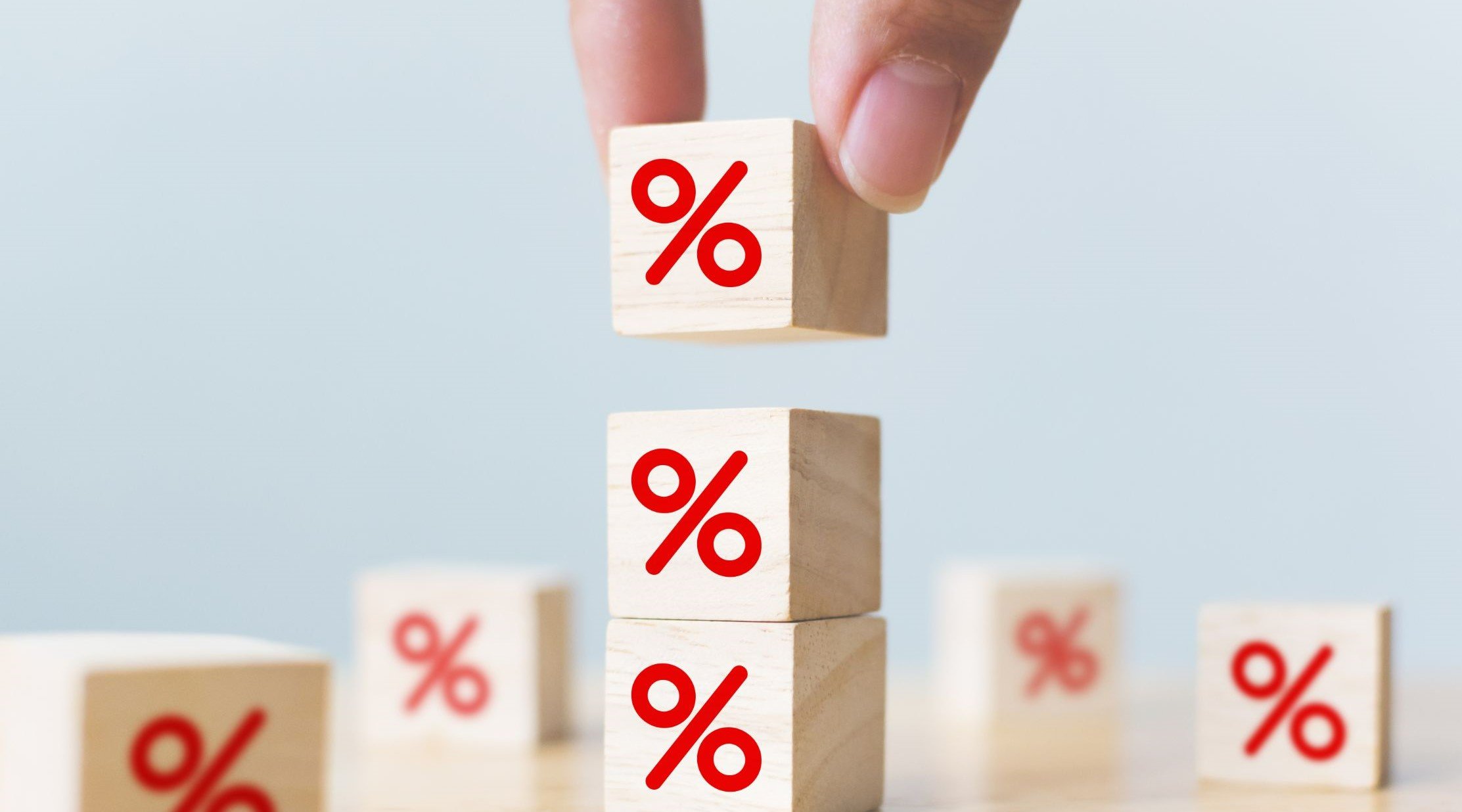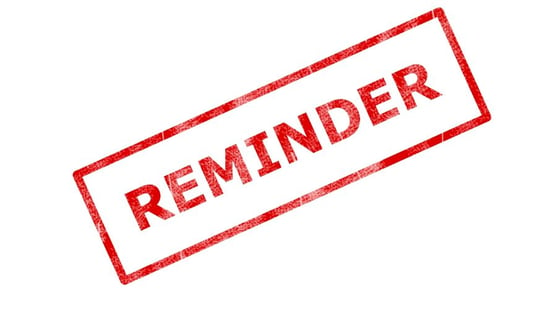As an entrepreneur, you do everything you can to manage your debtor portfolio as well as possible. Yet it happens to every entrepreneur. Customers who don't pay on time. What then? The best advice in seven steps for a consistent dunning policy.
1. Always be one step ahead of late payers
Keep a close eye on your outstanding receivables. Call your customer before the payment deadline expires. Ask whether the invoice was received properly and whether all invoice details are correct.

2- Ensure good (signed) contract agreements
It sounds obvious but make good agreements. Make sure you have clear terms and conditions and that the client has accepted them. State what the payment term is, how any payment agreements will be handled and what the interest compensation will be in case of late payment. These agreements also include what legislation applies in case of problems or disputes. In order to avoid misunderstandings or even disputes, it is also wise to arrange delivery agreements, for example, via Incoterms that have been laid down internationally.
3- Choose the right form of payment
There are several ways to properly arrange international payments. Of course, you can simply stipulate in the contract that a transfer follows delivery. It is advisable to make it as easy as possible for the buyer to settle an invoice. The ideal is a commonly used payment method in the Netherlands, for instance, but in Belgium, it is Bancontact and in Germany Sofort. So ask about the options that make it easy for your buyer. After all, the easier it is, the faster it will be paid. To build in more security, as an exporter you could also opt for using, for example, a bill of exchange, a Letter of Credit (L/C also known as documentary accreditation) or a documentary collection. However, these are payment methods that can often only be used for higher transaction amounts.
4-Take into account your customer's payment culture
Despite the methods of payment mentioned above, it may be common to pay by cash or cheque abroad. Make sure these things are clear so you know what to expect as a business owner. In addition, your customer's payment behaviour often differs by country or region. Take this into account in advance with the payment term you use on your invoice. This way, you will face fewer unexpected surprises.

5- Provide a reminder just before the due date
Of course, a reminder is always a sensitive issue, because as an exporter, you don't want to inflame the commercial relationship. And often you can do this without any problems in the Netherlands and neighbouring countries, but it is not so obvious in other countries. Still, the fact that you contact them, for instance about the experience with the products bought, is sometimes enough to entice the buyer to pay.
Ultimately, (export) credit insurance is the safest solution
Of course, it is obvious that we say this as an export credit insurer. And of course, we realize that export credit insurance is by no means always possible. Moreover, there are also costs involved. But, with credit insurance, you are always playing it safe. It ensures that you always get paid after a transaction.
Would you like advice on credit insurance for your exports of capital goods? Then do not hesitate to contact our experts. 




.png?width=1335&name=Blogs%20%20(3).png)
.png?width=56&name=Untitled%20design%20(4).png)



.png?width=66&name=Untitled%20design%20(4).png)